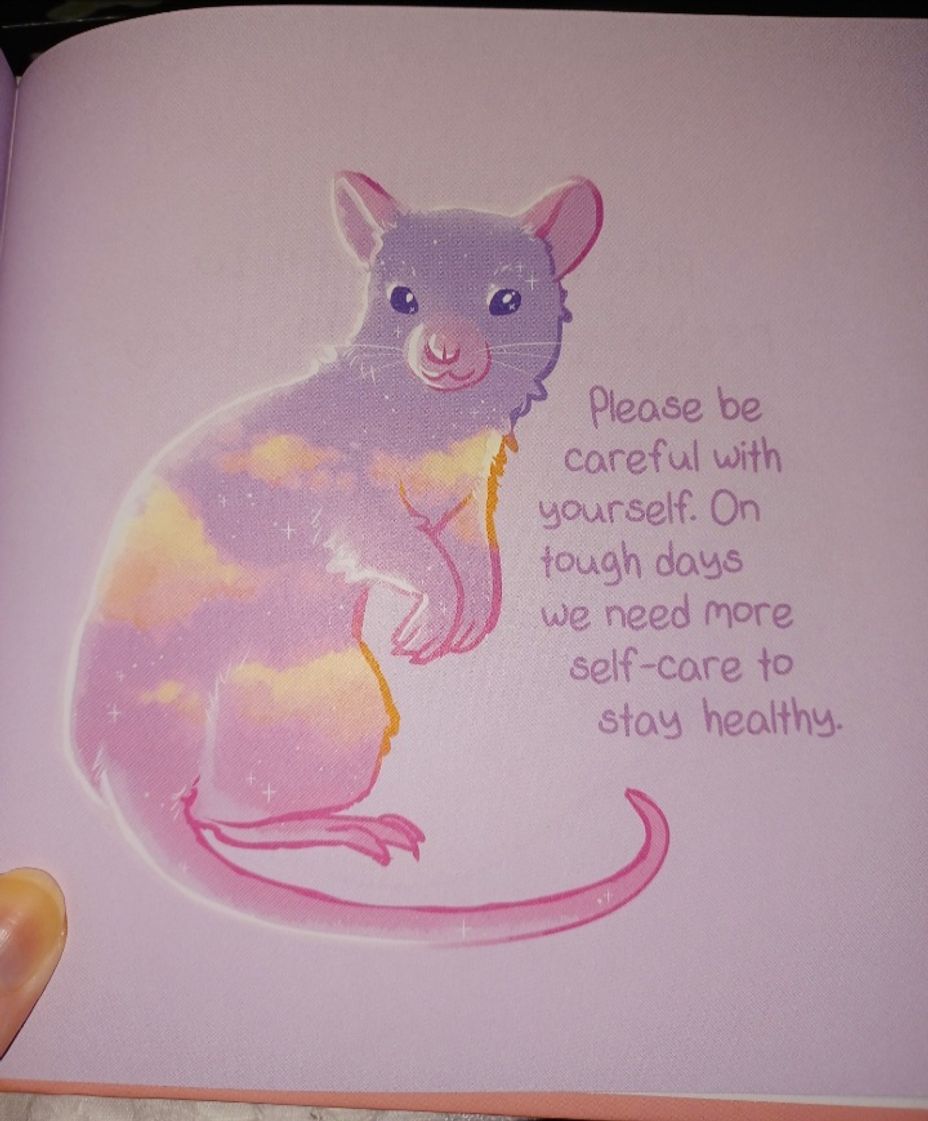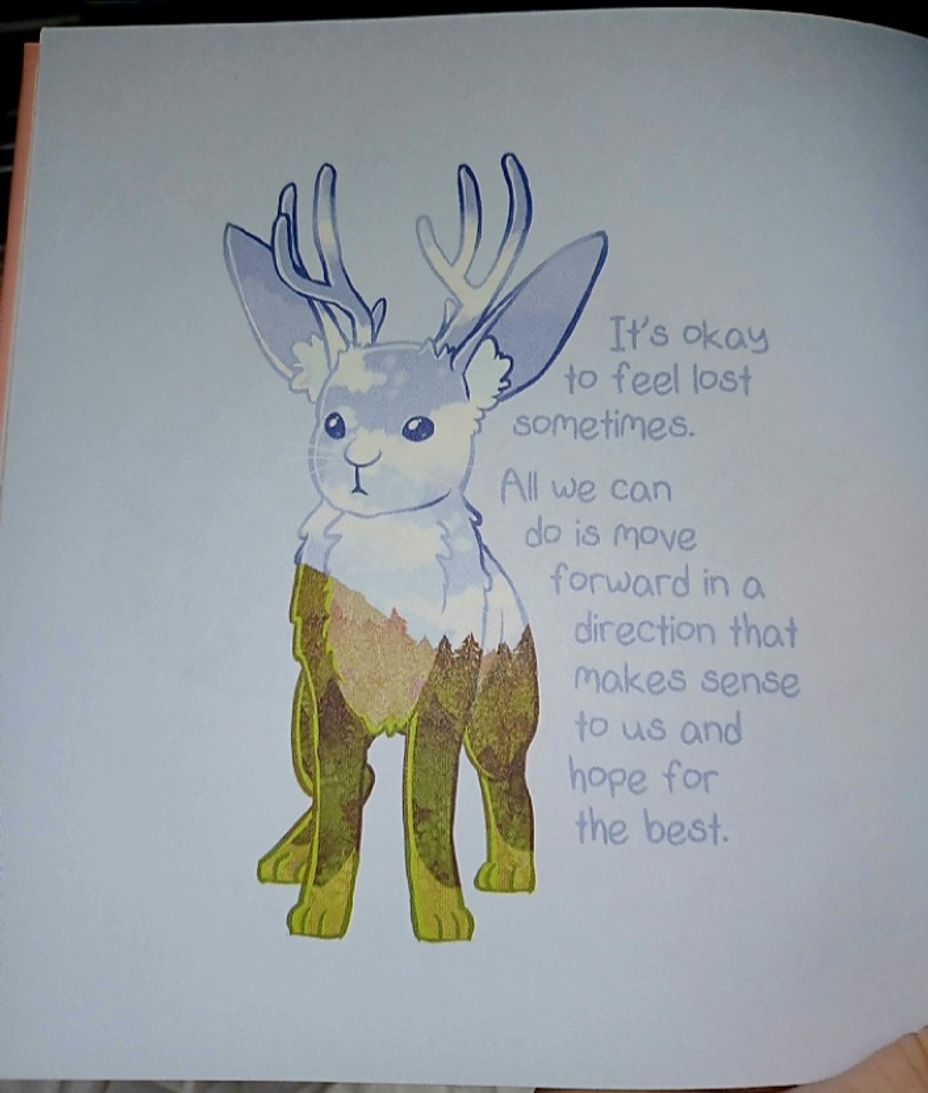Part 1 of 2 I’m sitting here sipping an iced oat milk latte in weather that’s way too cold for that business, wondering how to make you care. So, as I dial up my insulin pump to cover for the carbs in the drink, I’m distracted by the mammoth task trying to make you care really is.
Maybe if I tell you about when I stood in front of a doctor, my nightgown hanging off my pointy bones, unable to register his words with all the nausea, headache, and dizziness whipping my brain into mushy potatoes, then you’ll care.
“Go straight to the Children’s Hospital. Don’t wait for an ambulance. It will take too long.”
I don’t remember most of the car ride, as consciousness came and went, but I could tell my dad was racing against…something. It must’ve been important. I hadn’t known the car could go so fast.
White coats and blinding lights and I.V. pokes followed. Somehow, I qualified to lie in the dimly lit room of the ICU next to a little boy who’s bandaged head oozed through tire tracks after being driven over by a car. My nine-year-old brain couldn’t compute that my life hung in the balance just as much as that three-year-old’s.
Will you care if I tell you about the time I stood in front of a nurse with a clipboard as she pumped me full of liquid using a reverse catheter and then asked me to cough? She then made notes as I peed onto what looked like a dog-training pad because my bladder couldn’t hold it in. As I wet myself and the floor, mortified, my eyes couldn’t hold in their liquid any more than my bladder could. I also laughed a little. That’s what one does when embarrassment is so powerful and you’re already crying.
It was then that I learned this disease can cause nerve damage in the most intimate of places. It turns out this hadn’t yet become my problem – that I failed the test for other reasons – but for those who’s bladder is a diabetes dud, self-catheterization multiple times a day is the current answer. Yes, even while you shop for new jeans at the mall, someone might be behind the disabled stall door inserting a tube into their urethra just to relieve themselves. Their life depends on it. Not all disabilities are visible, after all.
What if I told you that my uncle Ivan, who after being diagnosed as an adult and lived with this disease for many years, needed his leg amputated? It was that or die. After the surgery, he recovered and then hobbled on his prosthetic leg up into the combine to continue harvesting his wheat crops. I stood beside him at the hospital two years later as he died from another complication: heart disease. That’s how long diabetic amputees usually live after having a gangrenous limb removed: two short years.
I’d flown in to Winnipeg from England just in time.
“You made it,” he said in a feeble, scratchy voice.
“Yes, I’m here,” I said softly, near his face.
Ten or fifteen minutes later, he took his last breath.
How about the time I lay on an operating table, with Dr. Leight and his headlamp hovering above me in the dim room? I couldn’t have general anesthetic because eyeballs move in REM sleep. He needed me awake as he first froze my eye and then stuck a vacuum into it to suck up the blood that was causing my blindness. I could see the vacuum from the inside, back and forth, back and forth. Had I died? Maybe purgatory was real after all, with a creepy clown house level of strange? Or maybe this was Hell, a final, tortuous, un-resting place. A couple of months later, when my other eye bled, we repeated it all. This time, though, I felt the tools as they cleaned-house.
What about when my stomach and intestines stopped doing their job moving and breaking food down, separating nutrients and waste? Autonomic nerve damage had struck, causing gastroparesis, a rare complication of diabetes. That’s when I had a machine implanted into my belly wall, with wires wormed up through my abdomen and sewn into my stomach. Sounds like a solution, right? But instead, it felt like a butcher’s knife floating around my side slicing me up every time I ate a bite or two. I slowly starved, weight falling off my frame. Why? Why hadn’t this futuristic device done its job?
The doctor ordered a test that should have happened before the implantation. There I sat, barium oozing out of every orifice after being pumped full of it, as a doctor and his cohorts cheered me on.
“Push! Push! You’re doing great, Susanne!”
There I sat, on a portable commode in the center of the room, x-ray pictures being snapped as I defecated in front of an applauding audience. Hysteria grabbed and shook as I laugh-cried at where this disease had brought me: medical-test rock bottom. Somehow, it made it worse that he’d said my name as he hurrahed.
They confirmed gastroparesis and intes





